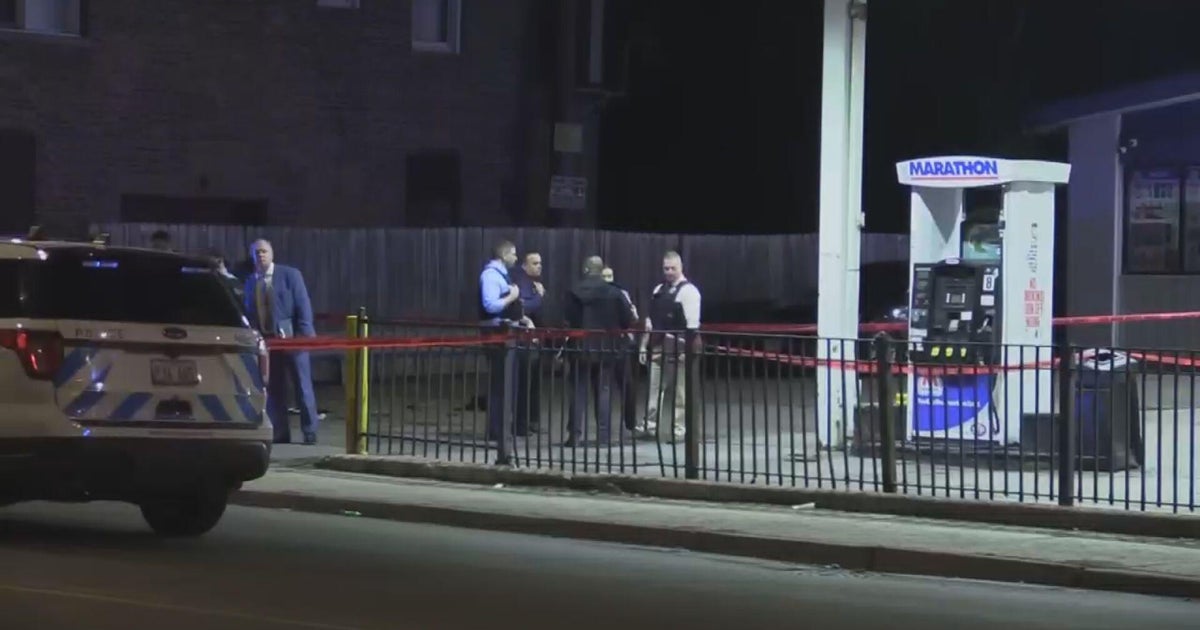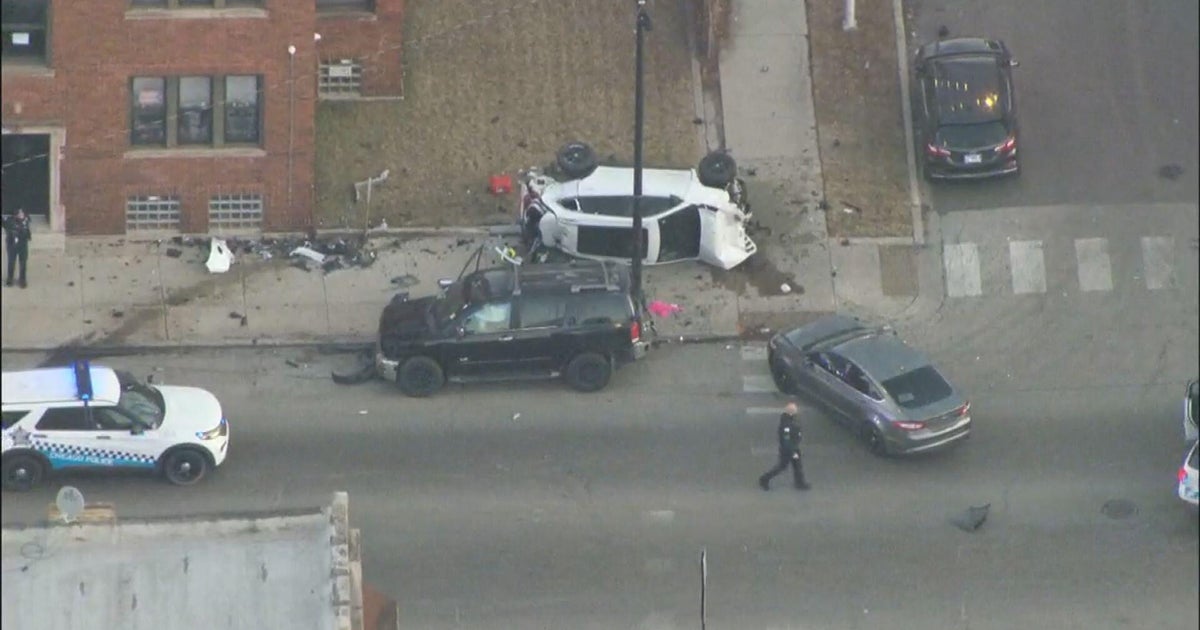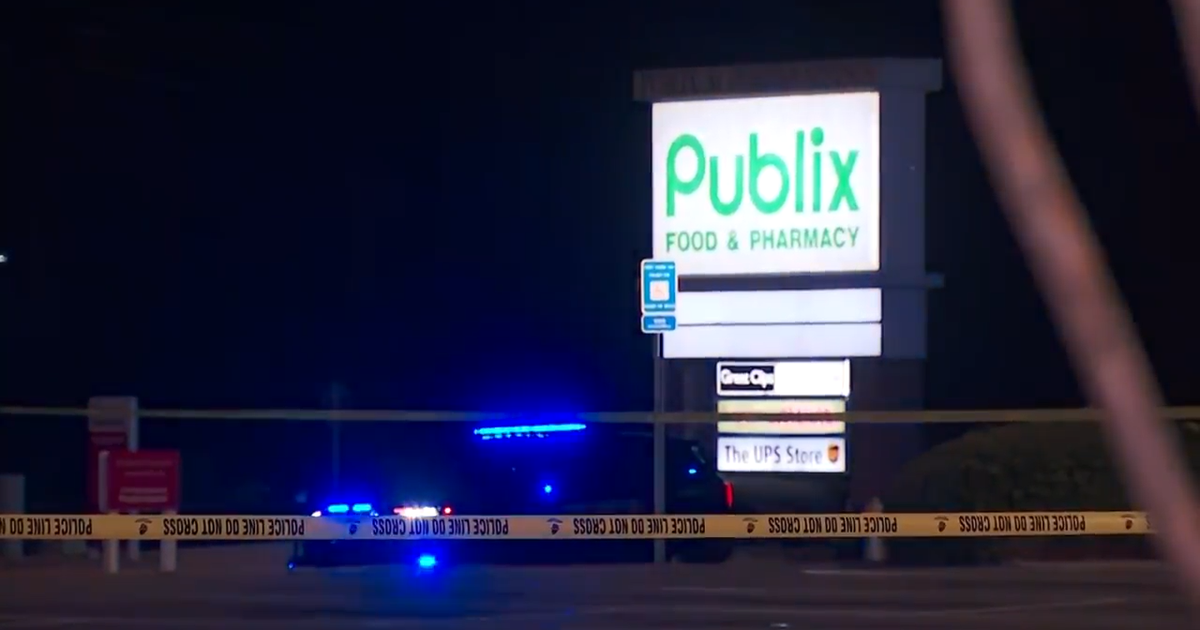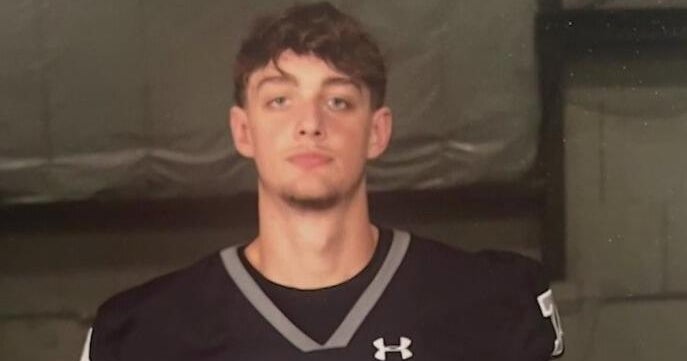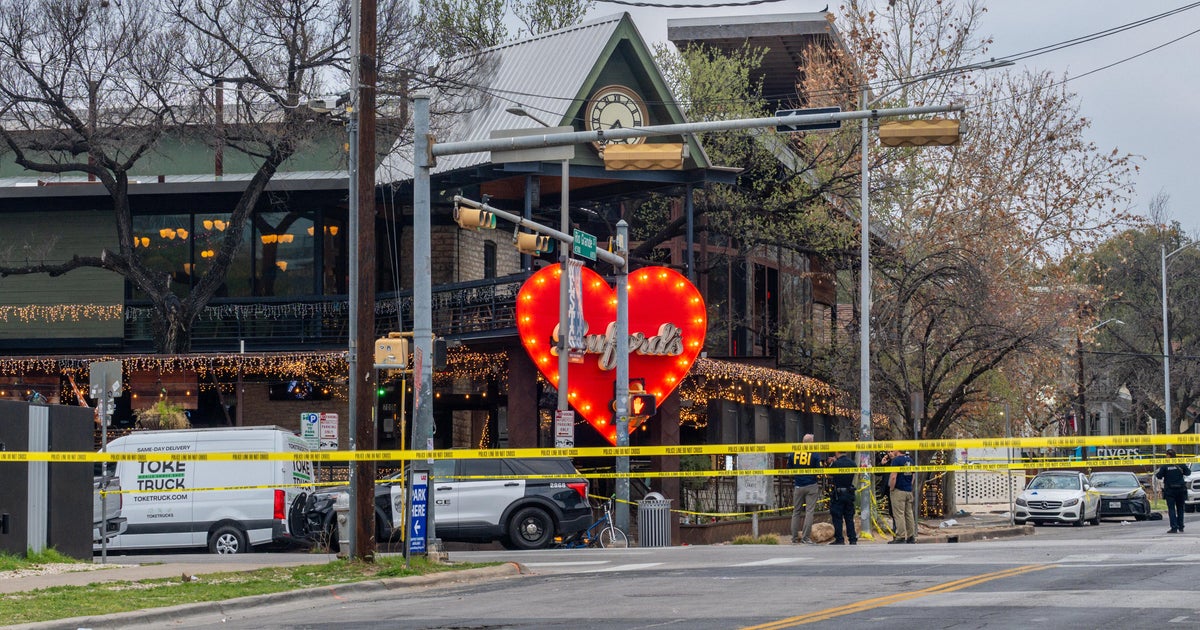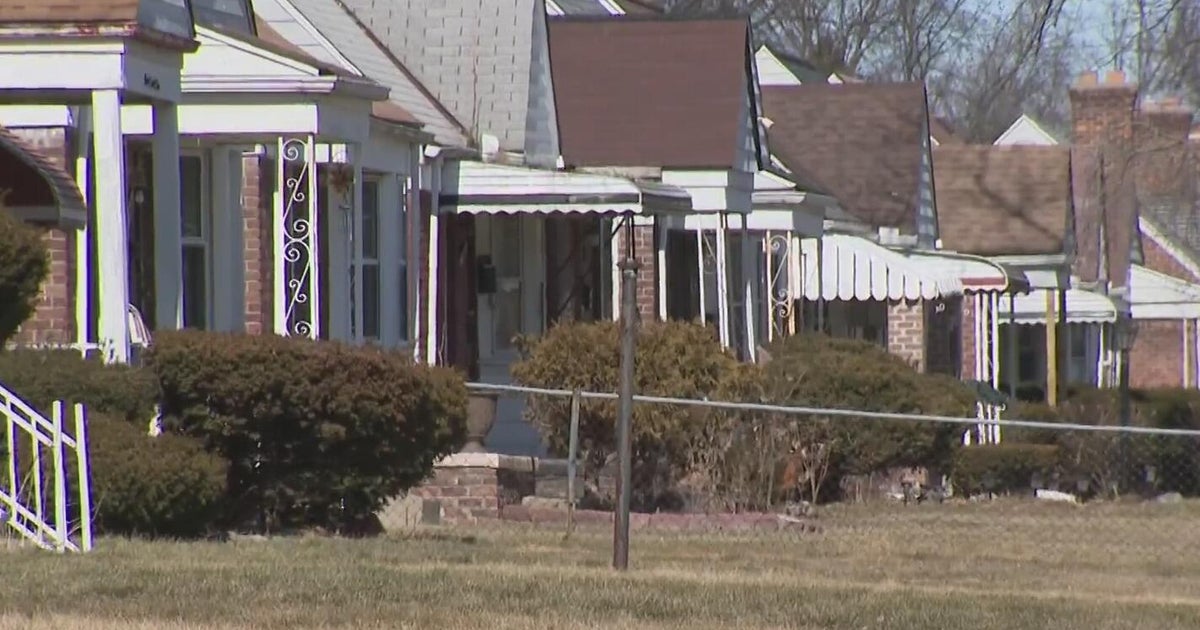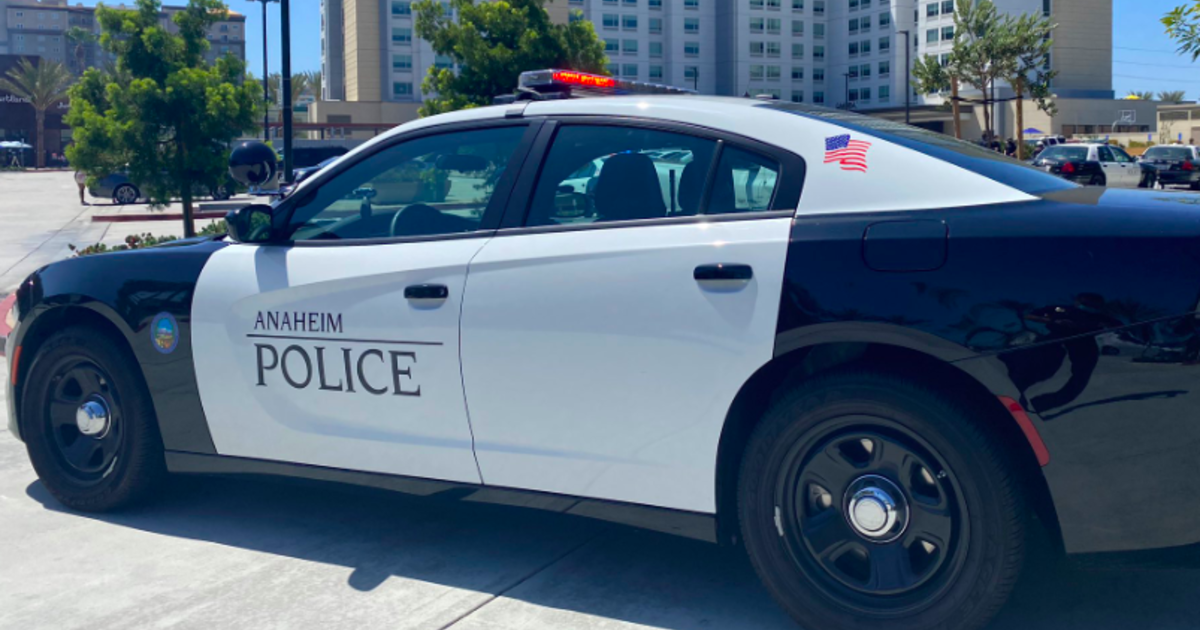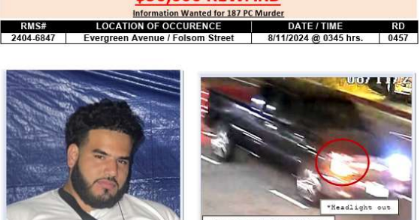Laquan McDonald Shooting Video Changed Chicago's Policing Policies
CHICAGO (CBS) -- When Laquan McDonald was shot in October 2014, it took one year for the video to be released. When it was finally made public, it unleashed a storm of protests and change that resonates to this day.
CBS 2's Dorothy Tucker looked into the changes.
The release of the video showing the shooting of Laquan McDonald sparked outraged and captured headlines around the world.
Protesters wanted to know why a black teenager was shot 16 times by a police officer.
Protesters, fed up with excessive force of police officers, demanded that former Chicago Police Superintendent Garry McCarthy, State's Attorney Anita Alvarez, and Mayor Rahm Emanuel lose their jobs.
"A police officer is only effective when he has the trust of those he serves," said Mayor Rahm Emanuel.
"Obviously we hoped that the results would have been different," stated Alvarez after the incident.
Community activist, William Calloway, is among those credited with pressuring authorities to release the tape. He joined forces with freelance journalist, Brandon Smith, who filed a Freedom of Information Act (FOIA) requesting all video from that night.
"Eleven other folks had requested before me," Smith said. "They represented nine other news organizations. All were denied."
Smith turned to Attorney Matt Topic, who specializes in suing agencies that deny FOIAs.
"The conventional wisdom was that if there was a pending investigation, you weren't going to get anything out of the police department and I knew that was not the law," said Topic, explaining why he decided to take the case.
Topic filed a lawsuit in August of 2015. Three months later, a judge ordered the release of the video, but it was more than a year after the shooting. That led to a federal investigation of the Chicago Police Department.
"The Chicago Police Department engages in a pattern in practice of use of excessive force," stated Former U.S. Attorney General Loretta Lynch.
Smith said, "The city is totally different because of this case."
A major change is a public portal, established in June 2016 where anyone can view videos of cases under investigation.
With confirmation from a former investigator with the Independent Police Review Authority, CBS 2 Investigators discovered that out of 124 cases with video currently on the portal, only one appears to have been released to the public before the McDonald tape – the 2011 case of Flit Farmer, an unarmed man shot seven times.
More changes include the usage of body cameras for patrol. The policy mandates release of videos "within 60 days of their occurrence."
"Two months is a long time to wait before knowing what happened," said Smith, arguing the law requires police to respond to FOIAs in 10 business days. Calloway's complaint is that even when police release tapes, many times the audio is missing. In the recent case of Harith Augustus, initially police only released 30 seconds.
"That's something we didn't like," said Calloway.
When asked why the police department doesn't release all of the video the first time, Supt. Eddie Johnson replied, "The video has to be viewed before release and sometimes it's a lot to view," adding it could possibly impact the investigation. "For instance, if the video shows a witness. If we show their face too quickly we may not be able to interview them."
Chicago Police Superintendent Eddie Johnson supports releasing videos because he sees an upside for officers. In the Harith Augustus shooting, the video showed that Augustus had a gun.
"They thought police had shot an unarmed man five times in the back and that video proved it was not the case," Johnson said.
Some hope the release of the McDonald video has a lasting impact.
A 230 page draft consent decree outlines an agreement between the city and the Illinois Attorney General, and recommends sweeping reforms aimed at addressing police misconduct.
"I want police to be held to the same justice system you and I are held to," said Smith.
Calloway added that he would like to see the police tapes released faster and immediately, upon request.
Supt. Eddie Johnson says the quicker release of videos is a work in progress. Community activists also want to see improvements that make it easier for the public to access police records and data.
Jury selection in the Jason Van Dyke murder trial begins Wednesday.
